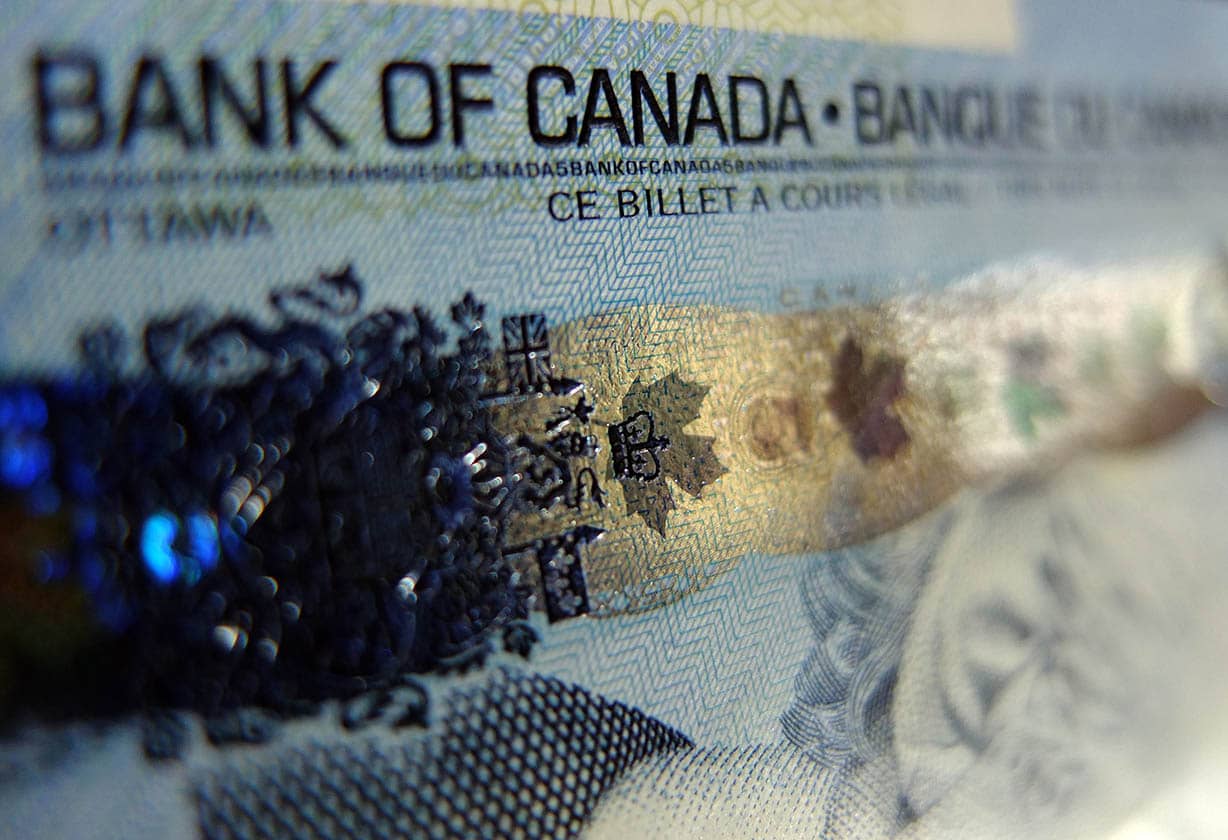"We Forecast that CAD will Perform Best" - Goldman Sachs on the Canadian Dollar
- Written by: Gary Howes
-

Image © Adobe Stock
2022 will be a good year for the Canadian Dollar says Goldman Sachs, while the Aussie Dollar is tipped to underperform.
The Wall Street bank's FX strategy team have put out their predictions for the year ahead in which they seek to answer the question "what will be the best and worst performing G10 currencies".
"We forecast that CAD will perform best and AUD will perform worst," says co-head of FX strategy Zach Pandl.
The call comes following a solid 2021 for the Canadian Dollar which gained against the majority of its G10 peers, helped by rising commodity and equity prices and the outperformance of its closest neighbour and trading partner, the United States.
Goldman Sachs finds the Bank of Canada will continue to provide an additional source of support, seeing a potential rate rise coming on January 26.
But over a three-year period economists see more rate hikes priced in than the broader market is currently anticipating.
Pandl also expects anything that "supports the U.S. Dollar generally" will aid Canadian Dollar crosses, particularly the CAD/AUD exchange rate.
- Reference rates at publication:
GBP to CAD spot: 1.7232 - High street bank rates (indicative): 1.6630 - 1.6750
- Payment specialist rates (indicative: 1.7077 - 1.7146
- Find out about specialist rates and service, here
- Set up an exchange rate alert, here
"A 1% increase in the USD TWI is typically associated with a 0.6% decline in AUD/CAD," says Pandl.
The other important piece of the Canadian Dollar puzzle - the oil price - is also tipped to provide support.
The bank's commodity price outlook sees Brent oil prices at $90/bbl in three months and $85/bbl in 12 months.
By contrast, the Australian Dollar's key commodity - iron ore - is expected to "remain at low levels (around $110 per metric tonne) after falling sharply from June 2021".
Further headwinds to the Australian Dollar would come from Goldman Sachs' projections for the Reserve Bank of Australia (RBA) are deeply below market pricing for each of the next three years (markets price RBA liftoff in mid-2022 while we forecast liftoff in Q4 2023).
